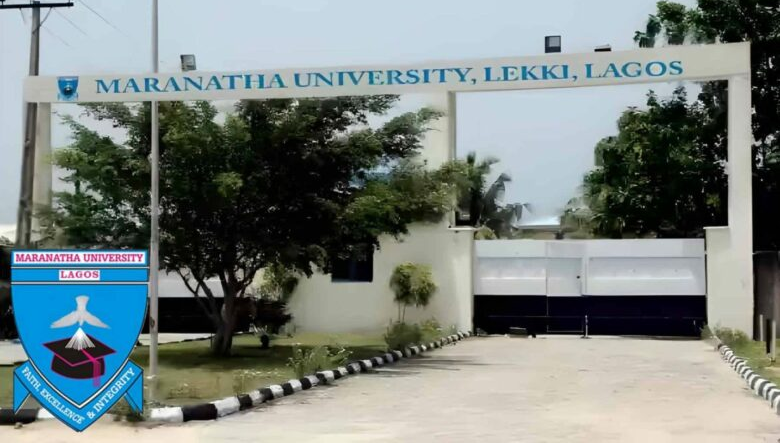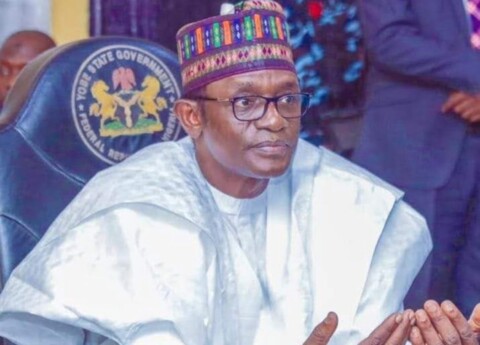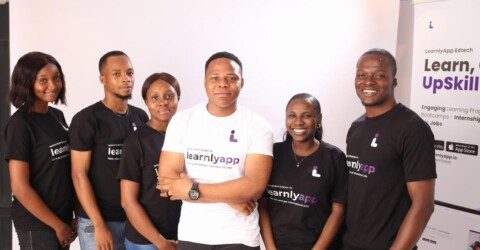The Federal Government of Nigeria has officially granted Maranatha University, Lagos, a full operational license, enabling it to function as a private university within the country. The license, dated September 2, 2024, was signed by Prof. Tahir Mamman, the Minister of Education, and Mr. Chris J. Maiyaki, the acting Executive Secretary of the National Universities Commission (NUC).
Initially, Maranatha University operated under a provisional license. However, after meeting all necessary requirements outlined in the Educational Acts Cap E3 of 2024, including the Benchmark Minimum Academic Standards (BMAS) and other operational guidelines, the university has now been awarded a full statutory license. The NUC conducted a license review exercise at the university from April 14 to 16, 2024, which confirmed that Maranatha University had fulfilled all criteria for full accreditation.
According to a statement from the university’s management, Maranatha University is a Christian faith-based institution with a vision of becoming a world-class university grounded in faith, excellence, and integrity. The university aims to contribute to the growth and development of tertiary education both in Nigeria and globally. Its mission includes providing innovative academic programs that offer qualitative education and knowledge for the service of humanity. The university mandates religious education and training, with regular staff-student fellowship sessions held daily.
Maranatha University, named after the Greek phrase meaning “The Lord is coming,” reflects its commitment to Christian values and evangelism. The institution features four faculties and 20 programs. These faculties include the Faculty of Arts, Management, and Social Sciences; the Faculty of Natural and Applied Sciences; the Faculty of Environmental Sciences; and the Faculty of Engineering.
The university operates two campuses in Lagos: the Okota Campus in Okota-Isolo and the Lekki Campus located at Km 47 Lekki-Epe Expressway. While academic activities have yet to commence at the Lekki Campus, it is planned to host the Faculty of Law and the Faculty of Basic Medical Sciences in the future. Both campuses are equipped with secure residential accommodations for students, modern infrastructure for learning, including well-equipped laboratories, classrooms with interactive boards, and a central library.
The university is also establishing a robust academic culture through workshops, conferences, and distinguished lecture series. Notably, it has hosted Dr. Victor Odumuyiwa of NITDA Hub, Unilag, who spoke on “Education Design and Delivery in the World of Robots and AI,” and Prof. Toyin Falola from the University of Texas at Austin, who delivered the inaugural University Distinguished Lecture on “Technologies and African Cultures.”
In terms of partnerships and linkages, Maranatha University is part of a network of universities in Lagos and is building connections with institutions in Nigeria and abroad, including ongoing collaborations with foreign universities in Poland. The university is committed to integrating technology across its operations, with campus-wide internet access, advanced software for administrative efficiency, enhanced teaching and learning tools, and dedicated staff training.





